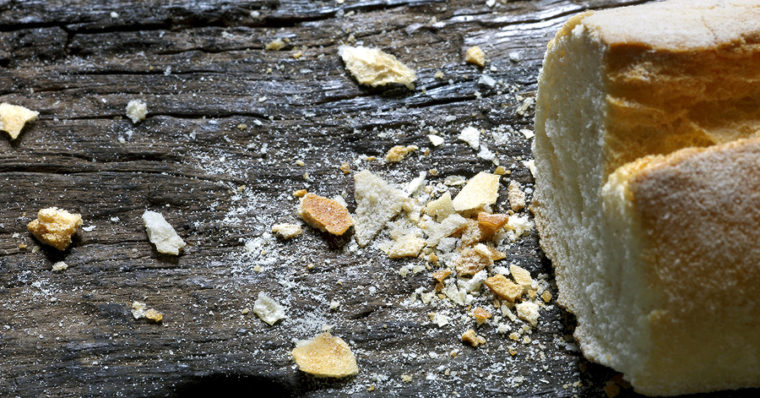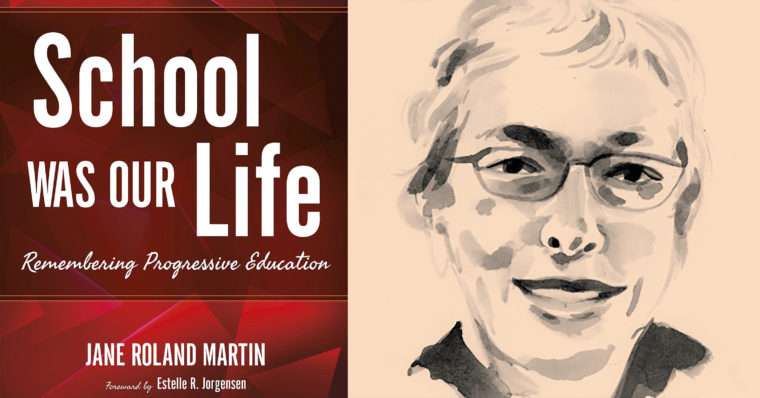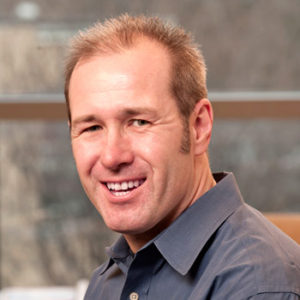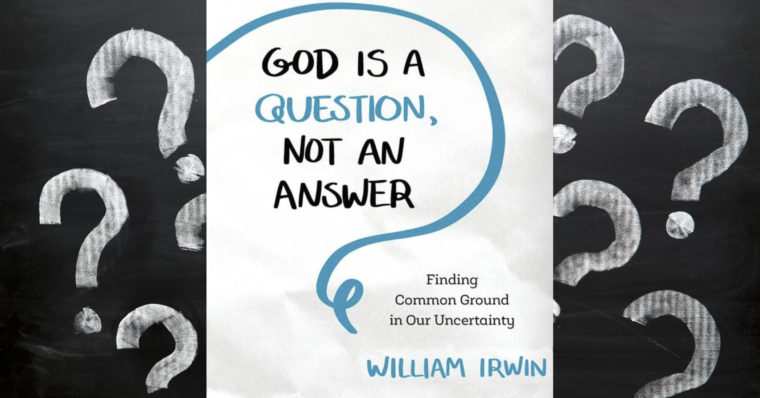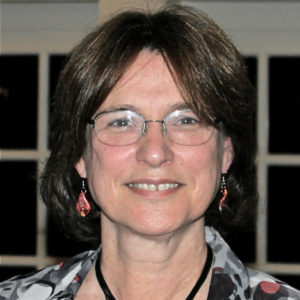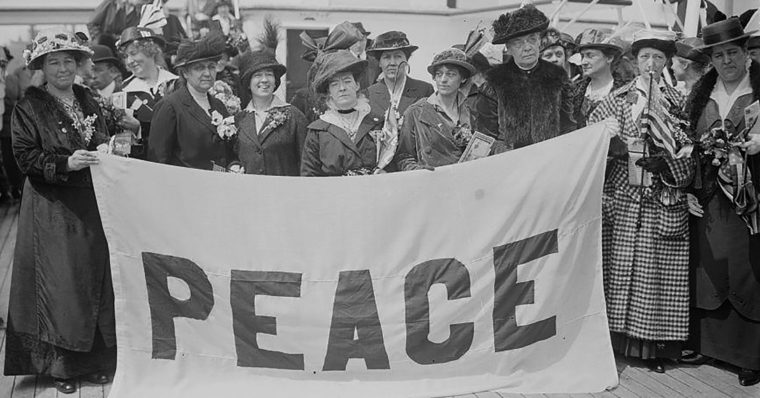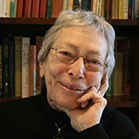
Dr. Martin was our guest in episode 88 of the show, titled “School Was Our Life.” This short breadcrumb episode is a follow up to that longer conversation, addressing one of the themes of her work. Be sure to check out her most recent book, School Was our Life, as well as The Schoolhome, mentioned in this episode.
Reach out to us on Facebook @PhilosophyBakesBreadand on Twitter @PhilosophyBB; email us at philosophybakesbread@gmail.com; or call and record a voicemail that we play on the show, at 859.257.1849. Philosophy Bakes Bread is a production of the Society of Philosophers in America (SOPHIA). Check us out online at PhilosophyBakesBread.com and check out SOPHIA at PhilosophersInAmerica.com.
(13 mins)
Click here for a list of all the episodes of Philosophy Bakes Bread.
Subscribe to the podcast!
We’re on iTunes and Google Play, and we’ve got a regular RSS feed too!
Notes
- Episode 88 with Dr. Martin, “School Was Our Life,” and her book by that title.
- Jane Roland Martin, The Schoolhome: Rethinking Schools for Changing Families (Cambridge, MA: Harvard University Press, 1995).


